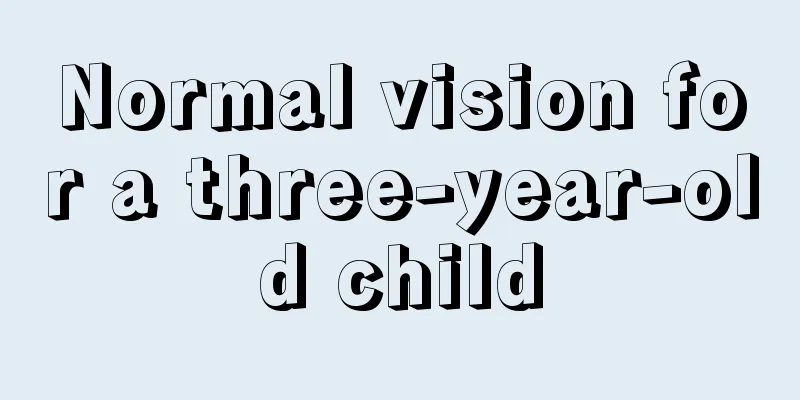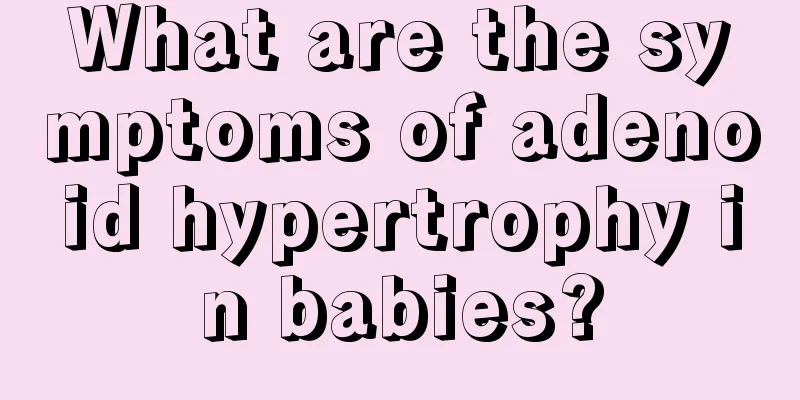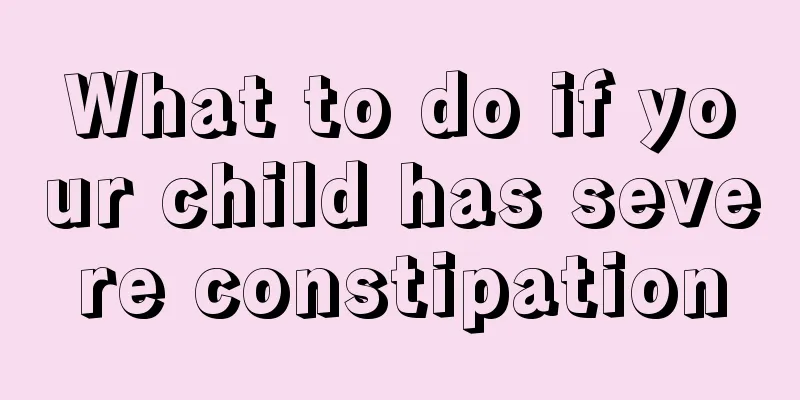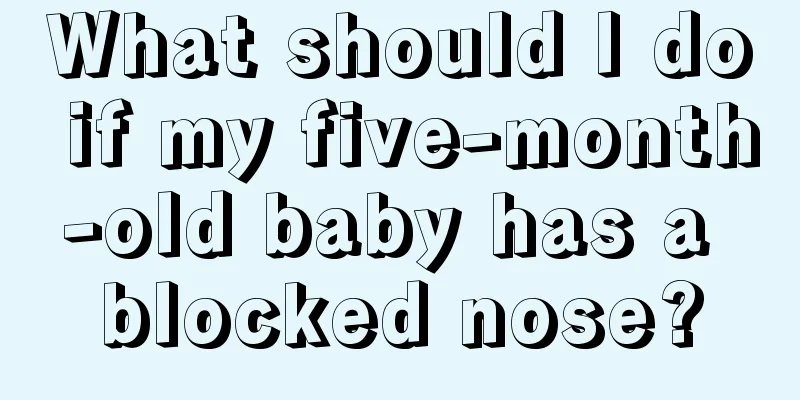What are the symptoms of dysphagia in babies with cerebral palsy?
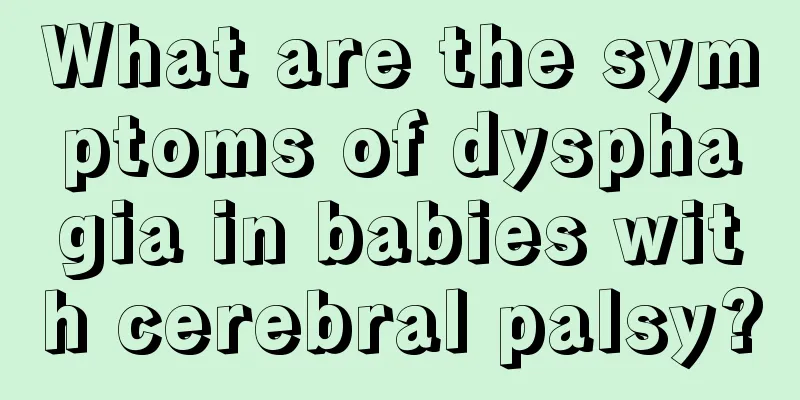
|
Children with cerebral palsy need multi-faceted treatment, and the first problem to be solved is eating. Because it is very difficult for babies with cerebral palsy to swallow. Many parents are not very clear about this issue. So what are the symptoms of dysphagia in infants with cerebral palsy? This is a question that many parents of infants with cerebral palsy want to know. Here is a brief introduction to this issue. What are the symptoms of dysphagia in infants with cerebral palsy? Common symptoms are as follows: 1. Oral preparation stage and oral stage These two stages are affected by the degree of voluntary movement disorders. The main symptoms include: poor accuracy when eating due to limb movement disorders, often manifested as poor position and unstable posture of the trunk, head and neck, and food cannot be accurately delivered to the mouth; the mouth is opened too wide or the mandibular movement is not flexible when eating; the residual oral primitive reflexes and reduced stimulation often lead to oral hypersensitivity, decreased oral entity discrimination, and tongue pushing food out; affected by the joint reaction, the control of lip closure is poor, and the pressure between the lips when closing is insufficient, so that food cannot be retained in the mouth; functional defects of the orbicularis oris muscle can lead to saliva and/or food overflow in the mouth. 2. Children with severe dysphagia in the esophageal stage will have their normal esophageal and gastrointestinal motility affected due to long-term nasogastric feeding. After food enters the esophagus, esophageal peristalsis is slow and the contraction function of the lower esophageal sphincter decreases, leading to gastroesophageal reflux. 3. Children with cerebral palsy in the pharyngeal stage have poor ability to control the oropharyngeal muscles, which often leads to incomplete swallowing and some food remaining in the pharynx. At the same time, due to swallowing and breathing regulation disorders, the range of the larynx to be raised forward and upward is insufficient, and the glottis cannot be completely closed, resulting in aspiration and choking. The above is an introduction to the symptoms of dysphagia in infants with cerebral palsy. I hope the above introduction will be helpful to everyone. For children with cerebral palsy, the earlier the treatment, the greater the chance of recovery. Parents and friends must have confidence. Caring for a child with cerebral palsy is not an easy task, so parents must be prepared for a long battle. |
<<: What to do when red spots appear on the child's body
>>: What is the order in which deciduous teeth erupt?
Recommend
What should I do if my baby has knee pain?
Generally, children will have a problem when they...
The benefits and timing of baby swimming
In recent years, parents have paid more and more ...
What does BCG prevent?
We know that newborns are injected with various v...
What to do if your baby has flat warts
Flat warts are a skin disease that is extremely h...
My six-month-old baby always cries when he sleeps at night
A six-month-old baby is in a critical period of g...
What is the development standard of a 15-month-old baby?
For parents who have a 15-month-old baby at home,...
What are the reasons for white ringworm on children's faces in spring?
Spring is the season with the highest incidence o...
What to do if your child has a stuffy nose
Nasal congestion is a common phenomenon in childr...
What to do if your 8-year-old child is disobedient
As the saying goes, a child's future can be s...
What should I do if my child has a cough and fever?
Some children have problems with coughing and fev...
What are the emergency symptoms and care for young children?
When a young child needs emergency treatment, it ...
White spots on the child's body
Mothers all hope that their children are born wel...
What are the reasons for red foreskin in children?
When a boy is born, if the foreskin is relatively...
Symptoms of heart muscle damage in children
Children are not as strong as adults due to their...
Does children's teeth grinding indicate calcium deficiency?
Children, due to their young age, have lower resi...





